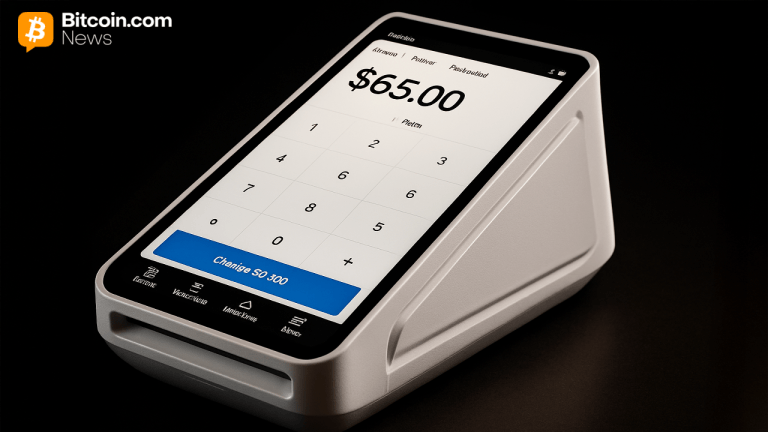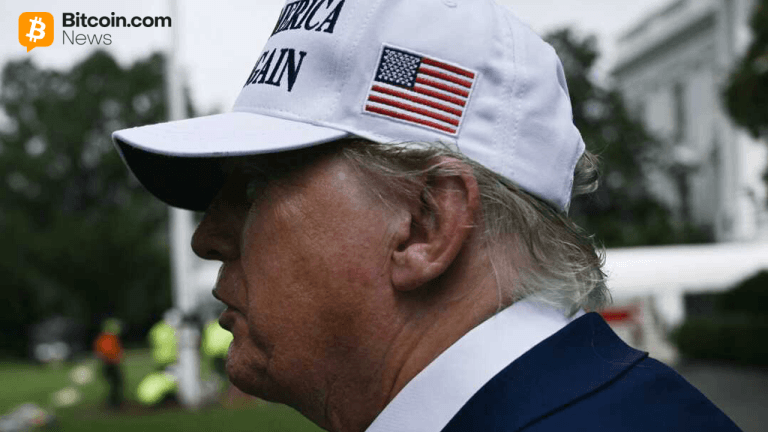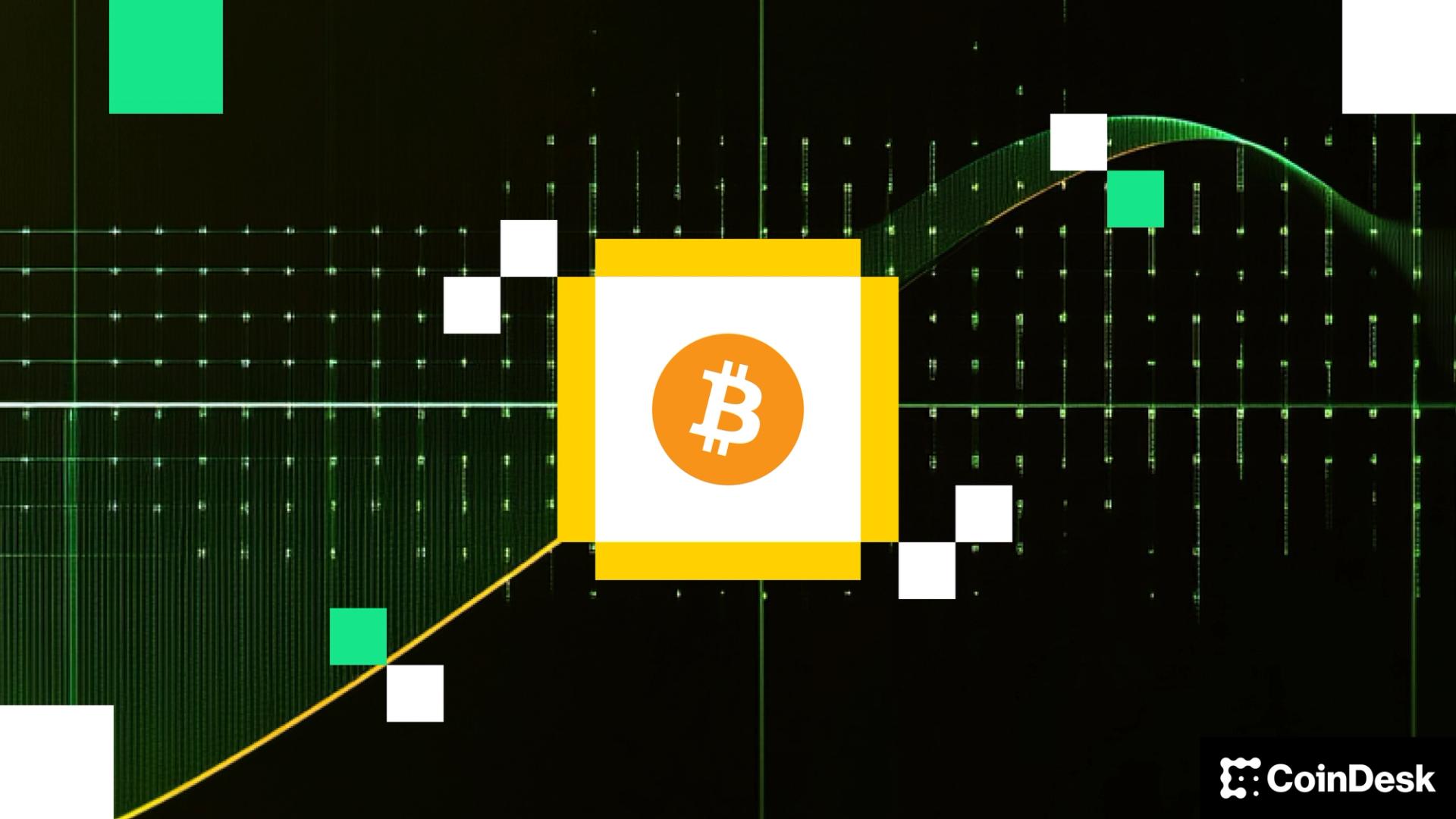On June 5, 2023, the SEC filed an extensive civilian complaint against Binance Holdings Limited, its assorted affiliates, and its beneficial proprietor and CEO, Changpeng Zhao, alleging aggregate violations of the Securities Act of 1933 and the Securities Exchange Act of 1934.
The SEC and Crypto
For years, the SEC has clarified that crypto enforcement is among its highest priorities. In 2022, the SEC brought a full of 30 cryptocurrency-related enforcement actions, up 50% from 2021. And, done the archetypal fractional of 2023, the SEC is connected gait for much than a 25% summation from past year’s numbers. Gary Gensler, SEC Chair, bluntly stated his interest with the crypto manufacture successful a recent Wall Street Journal interview:
“I’ve seen immoderate non-compliance from clip to clip successful accepted finance, but I’ve ne'er seen a full tract truthful built upon non-compliance with law, and frankly speaking, that’s what a batch of the [cryptocurrency] concern exemplary is.”
The Binance suit illustrates however the SEC volition litigate specified alleged wholesale non-compliance taking a utilitarian attack to the crypto industry, fundamentally overlaying the functions and participants successful the accepted securities manufacture against their counterparts successful crypto.
inance Holdings Limited, the pb defendant, is simply a Cayman Islands-based constricted liability institution that operates the binance.com level – an planetary crypto asset-trading level serving customers successful much than 100 countries.
Binance operated done a web of subordinate oregon affiliated entities, successful aggregate jurisdictions, each tied to Zhao arsenic their beneficial owner. As the Complaint sets forth, Zhao “has been dismissive of ‘traditional mentalities’ astir firm formalities and their attendant regulatory requirements,” stating: “Wherever I beryllium is the Binance office. Wherever I conscionable idiosyncratic is going to beryllium the Binance office.”
In the United States, professionals participating successful the securities marketplace are taxable to important regulatory oversight by the SEC. For instance, brokers (those who bargain oregon merchantability securities connected behalf of others) and dealers (those who bargain oregon merchantability securities for their account) indispensable registry with the SEC. Any enactment oregon radical of individuals who supply a marketplace for bringing unneurotic buyers and sellers of securities constitutes an “exchange” nether the Exchange Act, is required to registry with the SEC.
Unless determination is an applicable exemption, immoderate institution offering its securities for merchantability indispensable record a registration connection with SEC making important disclosures astir the institution and its securities. Furthermore, immoderate idiosyncratic who acts arsenic an intermediary successful exchanging outgo for a information constitutes a “clearing agency” besides required to registry with the SEC (subject again to disposable exemptions). Finally, “broker-dealers” are “financial institutions” taxable to the Bank Secrecy Act (“BSA”), which the SEC is statutorily authorized to enforce.
The Complaint
As the Complaint alleges, Binance was alert of each of this. In a chat speech with a Binance employee, its main compliance serviceman (“CCO”) stated: “If US users get connected .com [w]e go subjected to the pursuing US regulators, FinCEN OFAC and SEC.” To debar regulation, Binance engaged successful an extended strategy to conceal its United States lawsuit base, thereby breaking galore laws. In the words of the Binance CCO: “we are operating arsenic a fking unlicensed securities speech successful the USA bro.”
The bosom of Binance’s alleged efforts to evade US regulations was manipulating its KYC processes. Binance made galore nationalist statements disavowing immoderate US-based enactment and touting restrictions against U.S.-based enactment “while privately encouraging U.S. customers to bypass these restrictions done the ‘strategic treatment’ of virtual backstage networks (“VPNs”) that would disguise their locations and thereby ‘minimize the economical impact’ of Binance’s nationalist proclamations that it was prohibiting U.S. investors connected the platform.”
To allegedly disguise its U.S. presence, Binance encouraged its customers to circumvent Binance’s geographic blocking of U.S.-based IP addresses by utilizing a VPN work to conceal their location. It besides encouraged definite “VIP” U.S.-based customers to circumvent Binance’s KYC restrictions by submitting updated KYC accusation that omitted immoderate United States nexus. Additionally, done August 2021, Binance did not necessitate each its customers to taxable KYC documents.
The Claims
Binance is facing eleven claims for assorted violations of the Exchange Act. Those counts see engaging successful the unlawful merchantability of securities; acting arsenic an unregistered exchange, broker-dealer, and clearing agency; controlling idiosyncratic liability against Zhou; and securities fraud.
Interestingly, the SEC brings the securities fraud assertion nether Section 17(a)(2) of the Securities Act alternatively than Section 10(b) of the Exchange Act and Rule 10b-5 thereunder. Securities fraud is typically civilly enforced nether Rule 10b-5, but successful caller years the SEC has begun to asseverate much claims nether 17(a)(2). The elements of Rule 10 b-5 and Section 17(a)(2) are akin successful that they each necessitate an untrue connection oregon omission of worldly fact. In this case, the assertion centers connected Binance’s statements concerning its KYC programme and its avoidance of the United States markets.
The cardinal favoritism betwixt Section 17(a)(2) and Rule 10(b) is that Section 17(a)(2) does not necessitate scienter and tin beryllium established if the suspect acted negligently. In contrast, a civilian usurpation of Rule 10b-5 requires a scienter, truthful the suspect indispensable person acted recklessly. Proceeding nether Section 17(a)(2) against Binance indicates the SEC whitethorn beryllium much anxious to prosecute those cases nether 17(a)(2) to instrumentality vantage of the deficiency of required scienter.
On the minds of galore funny successful SEC enforcement actions is the Supreme Court’s caller announcement that it volition code the precedent acceptable by the Court’s 1984 lawsuit Chevron U.S.A., Inc. v. NRDC, 467 U.S. 837 (1984) adjacent term. The precedent Chevron set, wide referenced as Chevron deference, gives national agencies the authorization to construe vague statutes and transportation them retired arsenic they look reasonable.
While improbable to undermine the SEC’s classification of astir each cryptocurrencies arsenic securities, which is based connected the SEC’s mentation of the Howie trial – derived from Supreme Court precedent, not statute – elimination of the Chevron doctrine could surely interaction the SEC’s rulemaking authorization successful the crypto space, mounting the array for aboriginal litigation.
The station Op-ed: SEC’s suit against Binance demonstrates scope of its crypto enforcement efforts appeared archetypal connected CryptoSlate.

 2 years ago
2 years ago









 English (US)
English (US)